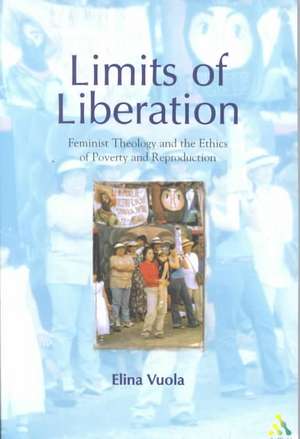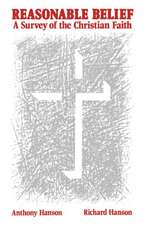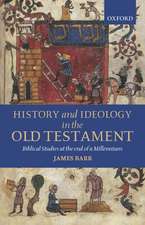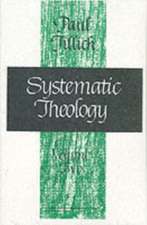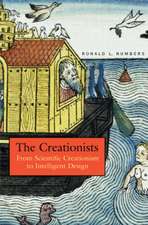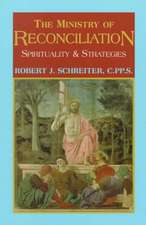Limits of Liberation: Feminist Theology and the Ethics of Poverty and Reproduction
Autor Elina Vuolaen Limba Engleză Paperback – 31 iul 2002
Preț: 713.96 lei
Preț vechi: 914.97 lei
-22% Nou
Puncte Express: 1071
Preț estimativ în valută:
136.66€ • 148.49$ • 114.87£
136.66€ • 148.49$ • 114.87£
Carte tipărită la comandă
Livrare economică 21 aprilie-05 mai
Preluare comenzi: 021 569.72.76
Specificații
ISBN-13: 9781841273099
ISBN-10: 1841273090
Pagini: 280
Dimensiuni: 156 x 237 x 16 mm
Greutate: 0.45 kg
Editura: Bloomsbury Publishing
Colecția Sheffield Academic Press
Locul publicării:London, United Kingdom
ISBN-10: 1841273090
Pagini: 280
Dimensiuni: 156 x 237 x 16 mm
Greutate: 0.45 kg
Editura: Bloomsbury Publishing
Colecția Sheffield Academic Press
Locul publicării:London, United Kingdom
Recenzii
"I regard this as an excellent book and one which I have used with great profit in my lectures on Latin American liberation theology. It is a vital resource for understanding the limits of classical liberation theology of the 70-80s and the new wave of liberation theology that deals with women's issues of the 90s. I am delighted that this book is now again available and recommend it in the highest terms."--Rosemary Radford Ruether, Georgia Harkness Professor of Applied Theology at Garrett Theological Seminary, Evanston, Illinois.
"Elina Vuola not only analyzes with competence the presuppositions of liberation theology and feminist theology, but she also raises central critical issues about theological method (for example, the role and criteria to determine "experience," the conceptualization of 'praxis' and the sources of theological knowledge, among others). Perhaps what impresses me the most is her broad approach to the sources for examining/criticizing these theologies, and her coherent presentation of arguments. Her line of thought is highly ordered, coherent, and systematic."--Dr. Maria Pilar Aquino Associate Professor of Theology and Religious Studies and Associate Director of the Center for the Study of Latino Catholicism, University of San Diego
"An up-to-date systematic critique of both Feminist and Latin American Liberation theologies. The author shows how essentialism and ignoring the experiences of poor women can put the brakes on liberation." --WATERwheel, Winter 2003
"Elina Vuola not only analyzes with competence the presuppositions of liberation theology and feminist theology, but she also raises central critical issues about theological method (for example, the role and criteria to determine "experience," the conceptualization of 'praxis' and the sources of theological knowledge, among others). Perhaps what impresses me the most is her broad approach to the sources for examining/criticizing these theologies, and her coherent presentation of arguments. Her line of thought is highly ordered, coherent, and systematic."--Dr. Maria Pilar Aquino Associate Professor of Theology and Religious Studies and Associate Director of the Center for the Study of Latino Catholicism, University of San Diego
"An up-to-date systematic critique of both Feminist and Latin American Liberation theologies. The author shows how essentialism and ignoring the experiences of poor women can put the brakes on liberation." --WATERwheel, Winter 2003
